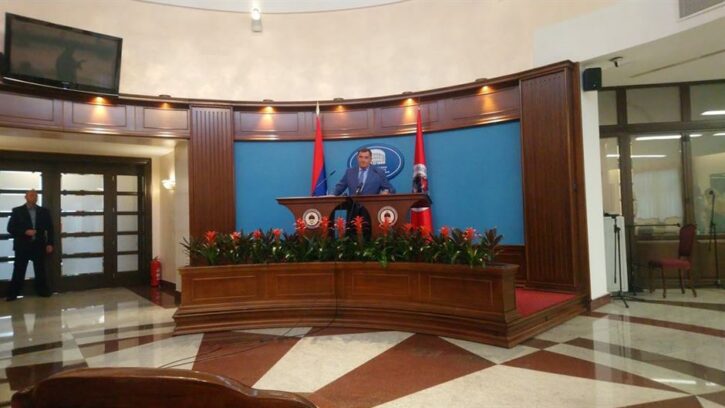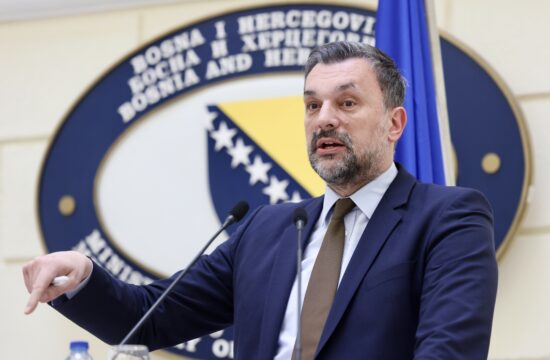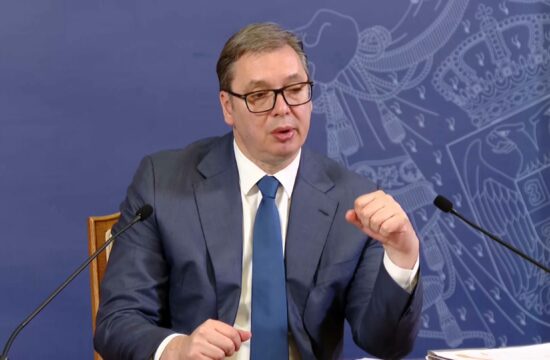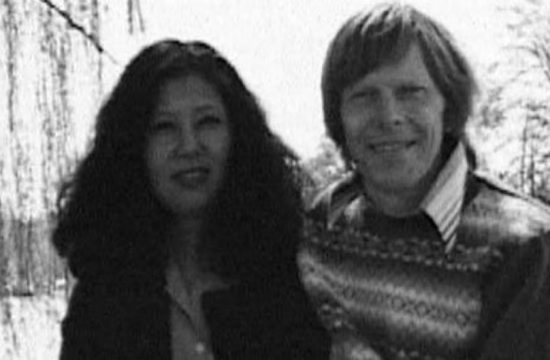
An objective approach and truth about the suffering of all victims in Srebrenica area during the period 1992-95 is the goal, President of the Republika Srpska (RS) entity, Bosnia’s Serb dominated part, Milorad Dodik, said on Monday.
Speaking at a press conference prior to the tomorrow’s session of the entity parliament, which is set to discuss a report on Srebrenica events from July 1995, Dodik said that the document was “tendentiously created” and that everything was done under the pressure of the international community’s High Representative Paddy Ashdown, who was serving in Bosnia when the said report was adopted, in 2004.
“We have no intention to deny the killing and the crimes that had happened, but it is impossible to accept malversation,” RS president said.
Dodik initiated the RS National Assembly session the last month, demanding a discussion on the Information on the Report of the RS Government’s Commission on the Events in Srebrenica in July 1995. The report, adopted in 2004, contains among other information the lists of persons who were killed in that town in July 1995. The RS president then said the report should have been annulled a long time ago, to end the manipulation, which triggered severe reactions among Bosniaks.
“That is a fake report created to torture Serbs and change the nature of the war in Bosnia and Herzegovina”, Dodik added on Monday.
The RS president invited the former Commission members to the session as well as his coalition partners and opposition. The opposition rejected the invitation, assessing this as Dodik’s pre-election move. None of the five former Commission members will attend the special parliamentary session either.
Bosnian Serb forces overran the eastern Bosnian enclave of Srebrenica on July 11, 1995, rounding up the town’s Muslim Bosniaks, separating men from women and little children, and systematically executing some 8,000 men and boys.
Two international courts, the International Criminal Tribunal for the Former Yugoslavia (ICTY) and the International Court of Justice (ICJ) ruled that this massacre was an act of genocide.
International and regional courts sentenced 45 persons for what had happened in Srebrenica to a total of more than 700 years in prison.




